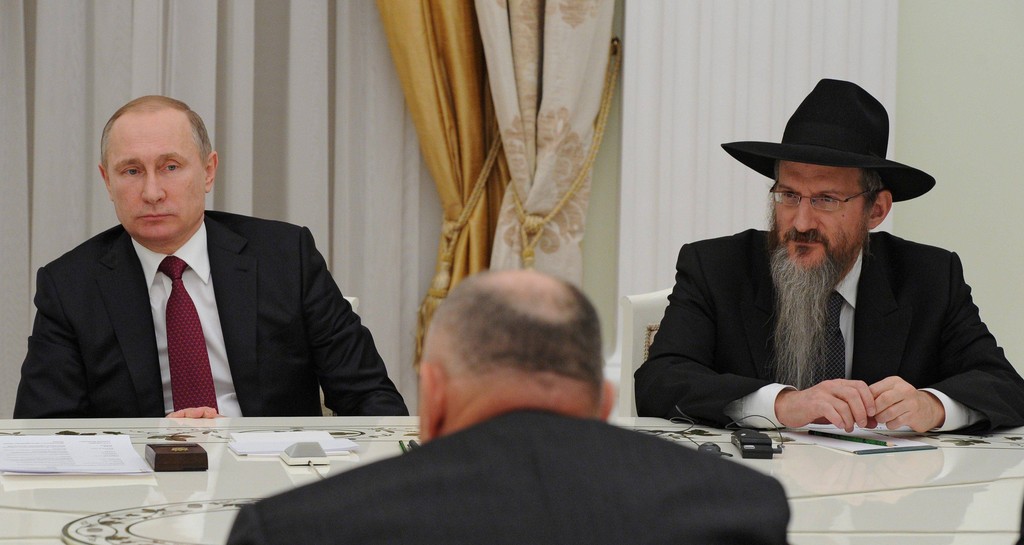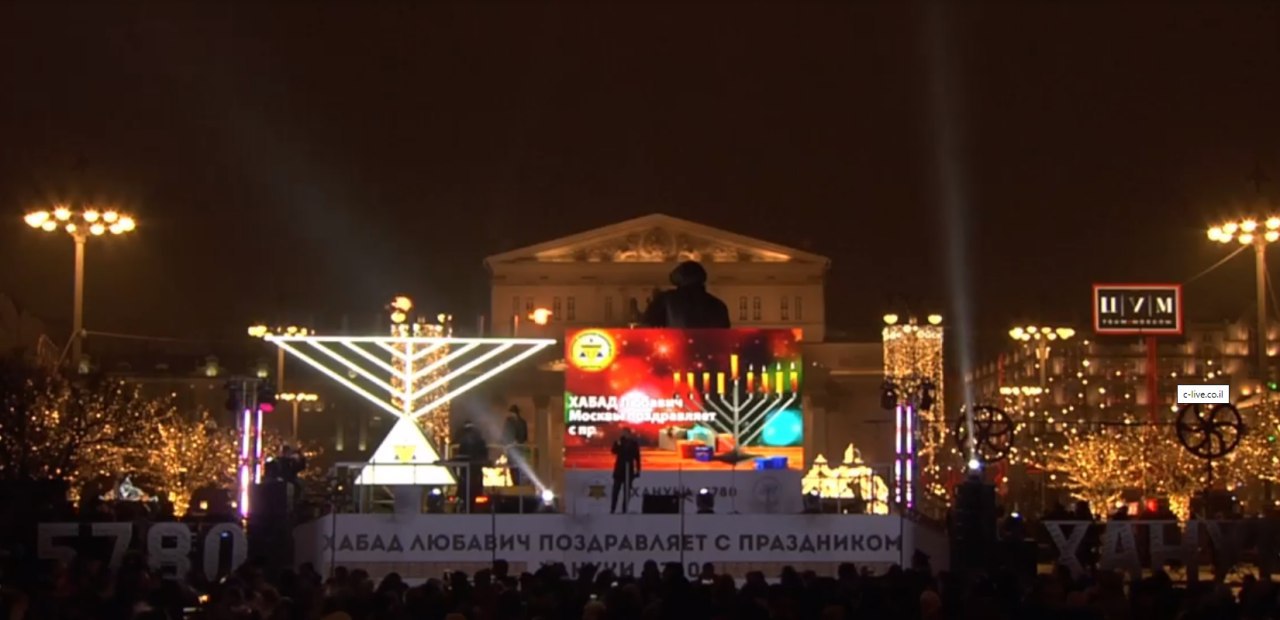Getting your Trinity Audio player ready...
“Many, if not all, believe that weak or no anti-Semitism as a Russian state policy in Russia is an exceptional or even ad hoc and temporary phenomenon that has not come to stay,” Alexey Levinson, head of socio-cultural research at the independent Levada Center in Russia, wrote in his study comparing Jewish life in Russia today with that of 30 years ago.
“Jews are not euphoric at all,” he wrote in “Jews in Contemporary Russia: Assimilation and Dissimilation,” which was issued in July and recently translated to English. The community’s fear is based on Russian history, with Jews in Russia having been subjected to the whim of whoever leads the country.
“Anti-Semitism goes hand in hand with the history of Jews for ages and ages, and they think these days are just a short interruption of this tradition,” says Levinson.
“The current decline in anti-Semitic state acts is because of the personal position of the current president of the Russian Federation, Vladimir Putin,” he says.
“They think that if he changes his mind or another, less tolerant person takes his place, the whole state apparatus and the public will return to the usual anti-Semitism.”
The climate has become so liberal that Jews have reached the upper echelons of Russian society and even taken on some aristocratic attributes, he says.
“It’s a peculiar age in Russian history. During the Russian Empire, Jews were a severely discriminated-against minority,” Levinson says.
“The Russian nobility was destroyed after the revolution and in the [1918-1920] civil war. But at the end of the day, [the Jews] … picked up some of the features of the Russian nobility. They are highly educated and maintain and further Russian culture.”
Jewish life in Russia is very different than it was three decades ago. There are fewer Jews in Russia because many have immigrated to Israel and elsewhere. Those who remain are more assimilated and can more easily blend into the general population.
“There is a continuum of people: On one end, there are those who practice Jewish rituals and habits. On the other end, there are people who don’t like to mention their Jewish origin,” Levinson says.
“Most of the Jewish population is somewhere in between: They know their Jewish origin, they know one or two things from Jewish culture, like celebrating Hanukkah and tasting matzah during Passover, but it’s not a serious part of their life,” he added.
Estimates of the number of Jews in Russia vary widely, from 200,000 to 1 million. Of this population, Orthodox Jews are a minority.
Natan Sharansky, the former chairman of the Jewish Agency and a political prisoner in the Soviet Union, says that Jews in Russia are much freer today than they were 30 years ago.
“In those days, there was state anti-Semitism, which practically excluded Jewish access to cultural, religious and professional life,” he says.
“People grew up not knowing anything about our traditions in most places. Growing up, we didn’t know what Passover and Purim were. There was no bar mitzvah and brit milah [circumcision].”
5 View gallery
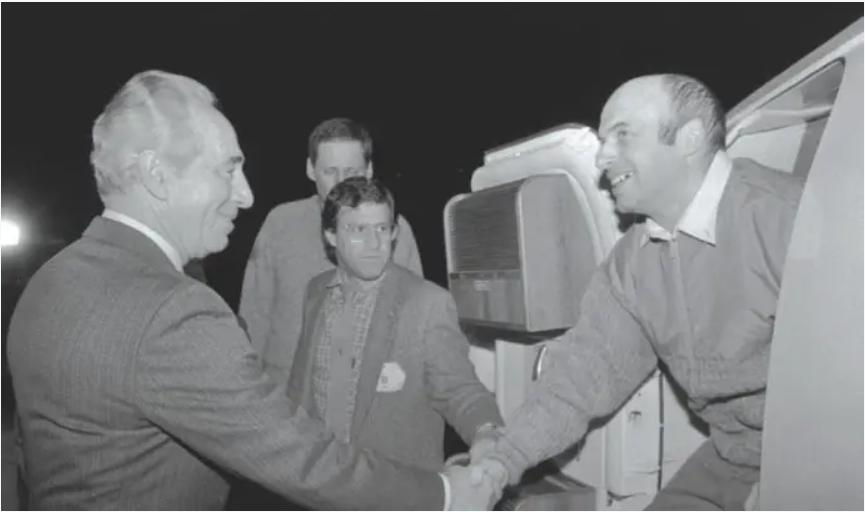

Natan Sharansky meeting then-Prime Minister Shimon Peres upon his arrival in Israel from the USSR in 1986
(Photo: GPO)
Dasha Mikhelson, press secretary of the Federation of Jewish Communities of Russia, agrees.
“It’s the opposite now” to what it was 30 years ago, she said. “In big cities, Jews have everything they need for observing traditions – like minyans, kosher food and mikvehs. We have a new generation being born that knows who they are and what is it to be a Jew.”
However, Jewish life in Russia today is not perfect.
The biggest problem facing Russian Jews today, Sharansky says, comes from assimilation.
“Maybe 10% [of them] do some type of Jewish activity,” he said. “To be an active part of the Jewish community is a challenge.”
5 View gallery
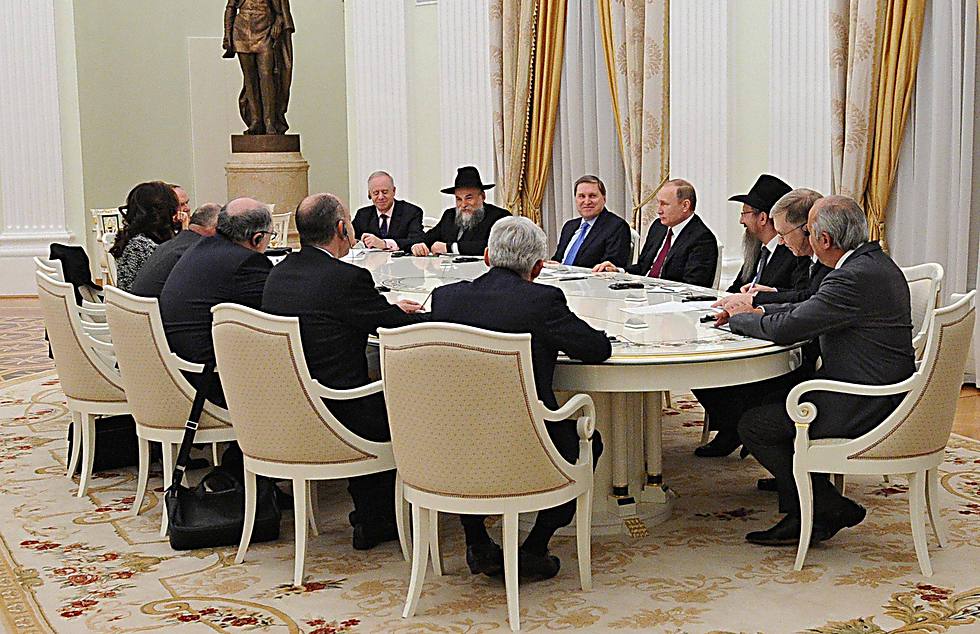

Russian President Vladimir Putin meeting with the representatives of Russia's Jewish community
(Photo: EPA)
Sharansky says that anti-Semitism is much more of a problem in other countries.
“For the last 15 years, rabbis in Paris have told young children in Jewish schools not to wear kippahs [skullcaps] in the street because it could be dangerous. In Moscow, you can walk freely down the street with a kippah,” he says.
Sharansky and Levinson disagree about the relationship between Jews’ improved situation in Russia and the Soviet Union’s collapse, with Levinson arguing that there is no connection.
“Emigration started before the fall of the Berlin Wall and was one of the causes of this historical event. The Soviet Jews were the first ethnic group to break free from the totalitarian state,” Levinson says.
5 View gallery
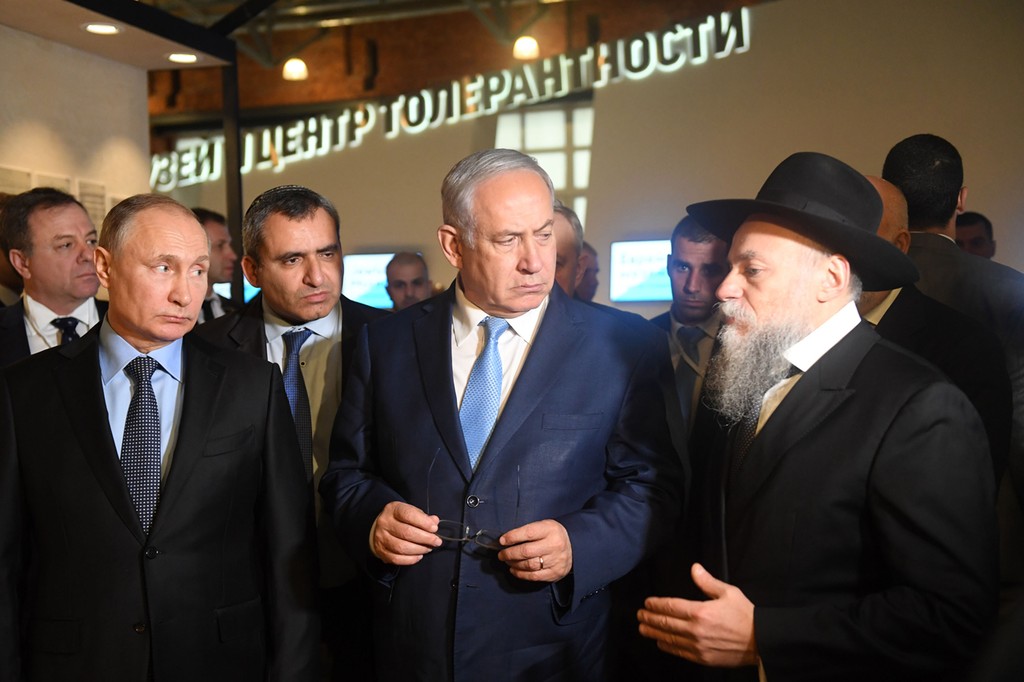

Prime Minister Benjamin Netanyahu and Russian President Vladimir Putin tour the Jewish Museum and Tolerance Center in Moscow in 2018
(Photo: GPO)
Sharansky, who wrote The Case for Democracy, says he believes that a more democratic Russia has made life better for Jews and that the growth of democracy is necessary to protect Jews from any future government-backed anti-Semitism.
“If there are [governmental] changes and anti-Semitism returns to the level it was at for 1,000 years … today’s positive societal views of Jews won’t be enough to stop it. The democratic composition of the country has to be strong enough to fight these pressures.”
“One thing that can be said for sure is: Putin is not an anti-Semite,” Sharansky says. Putin “has a positive attitude towards Jews, which is very unusual in Russian history. At the same time, Putin is not great for Russian democracy, and so Jews and other citizens of Russia may be disappointed about restrictions on freedom.”
Article written by Tara Kavaler. Reprinted with permission from The Media Line


